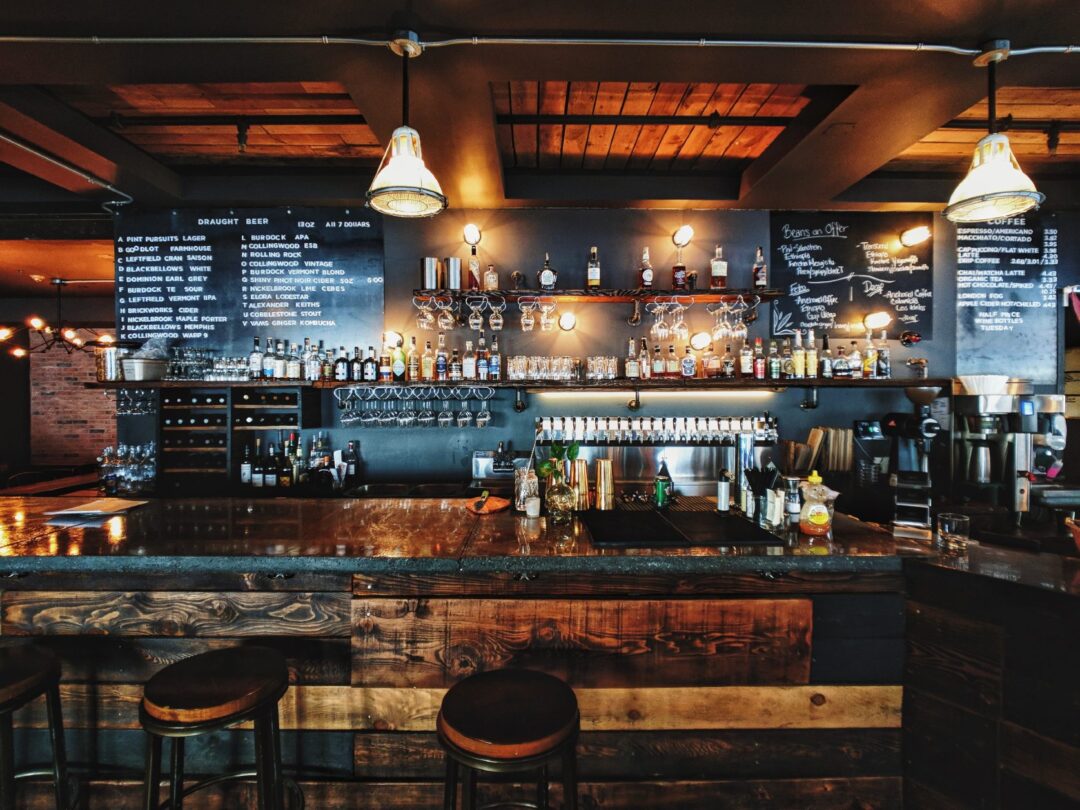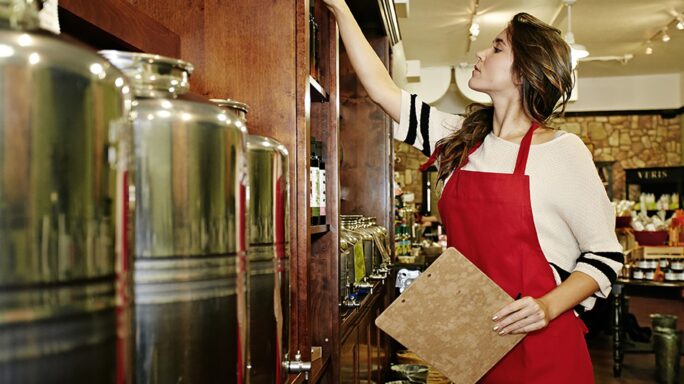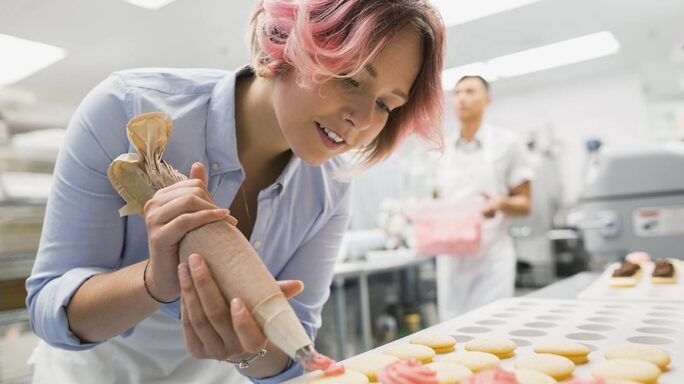Strategy, Legal & Operations
5 things you need to know about opening a bar or club
For many people in the UK, owning their own pub, bar or nightclub is a […]

Thinking about opening a bar or club? For many people in the UK, owning their own pub, bar or nightclub is a lifelong dream.
Happy evenings in the company of friends enjoying a sociable drink inspire entrepreneurs to want to provide that same experience to customers of their own.
This guide is for you if you’re thinking of opening your own venue, and presupposes a level of expertise within the hospitality industry.
If you have little to no experience working in this environment, it’s strongly recommended that you spend time learning the fundamentals of the trade before you take your first steps.
1. Soak up advice
If you have some years of experience in hospitality under your belt, talk to your managers and those of nearby venues to assess demand in your area.
Take what you hear with a pinch of salt; few landlords will welcome extra competition in their area so combine their advice with what you’ve observed yourself.
Get chatting with the regulars in various bars to find out why they visit, what they like and don’t like. It’s very possible you might spot a gap in the market for a certain type of venue at this early stage.
Industry magazines and trade shows are a good way of getting the big picture of the industry as a whole, and sites such as Big Hospitality provide updated information on the state of the pub sector in the UK.
2. Mix up your big idea
It’s possible you’ve already got your heart set on a certain type of place. A quiet country pub perhaps, or a themed sports bar.
Be very careful about sticking to your guns if your research suggests no particularly strong demand for this type of venue in your area.
Generally speaking you’re better off tailoring your idea to the demand rather than going all out on a whim. Some level of compromise is recommended.
Once you know the general theme you’re going for, break your plan down to the finest details:
- What drinks or food are you going to serve?
- Who are your intended customers?
- What facilities will you offer?
- What kind of footfall do you anticipate?
All of these and more (depending on your specific idea) will go towards making the most important choice of all… choosing the right location.
Business plan template for food and drink companies
Want to create a business plan for your food or drink company but not sure how to do it? Download our free and easy-to-use business plan template and you can get started.

3. Picking your location
Bars live and die based on their location. Customers will go out of their way for fine craft ales and delicious food but if you’re opening a sports bar, you need to be where the action is.
As a general rule, sit outside a prospective property for an hour at what you’d consider peak time. If fewer than 100 people pass by in that time, it’s going to be a risky location to set up in, unless you’re giving customers something really special.
Your prospective location will also need to easily comply with all hygiene, health and safety regulations from the Food Standards Agency. Cosy, small venues are fine but if they become cramped and difficult to clean, then you’ll end up in hot water.
4. Licensing and accounts
The type of licensing you’ll need differs depending on your local council and the service you’ll offer. In general you will need to:
- Register with HMRC at least 28 days prior to opening
- Register yourself as self-employed (if you aren’t already)
- Get a vendor licence from your local authority
- Book a health and safety appointment, especially if you serve food.
You’ll also want to invest in a good cloud accounting software package. Cloud-based software has several advantages over paper accounting and a mix of spreadsheets.
It lets you access and report on your finances from any compatible device without allocating time at the office computer (adding more hours to your shift).
You’ll know from experience how important it is to keep a careful track of your inventory, so being able to check up on this from anywhere you need to is a big plus point.
By keeping all your records in one system, you eliminate time spent searching through old records, and making things digital streamlines this searching process.
You can also send any information you need to accountants, bookkeepers or other finance professionals quickly and easily, without needing to go on an accountancy training course.
Thirdly, digitising your records from day one means they can scale up with your business. Hiring more staff, expanding services or even opening a second location further down the line is made much easier without having to go back and re-record your accounts from scratch.
5. Hiring the right staff
High staff turnover is the bane of pubs and restaurants. Turnover in the hospitality industry is estimated to be 20% higher than the rest of the private sector, but you can beat that statistic by sticking to a few principles:
- Draw up a detailed person specification for each role and stick to it
- Offer your staff ways to develop and progress beyond an entry-level role
- Pay your staff fairly and on time.
Payroll software can help you track hours, wages and bonuses to ensure all your staff are paid the right amount at the right time.
All the advice for general accounting is true for payroll. It’s vital to ensure accuracy here, both to keep HMRC happy and to keep your staff around.
The consistency that comes with long-term staff is probably the most important aspect of your venue’s atmosphere and, by extension, of how you keep customers coming back.
How to start a business – your free guide
Starting a business? Our essential guide is packed with straightforward advice on everything from planning to launch.






Ask the author a question or share your advice